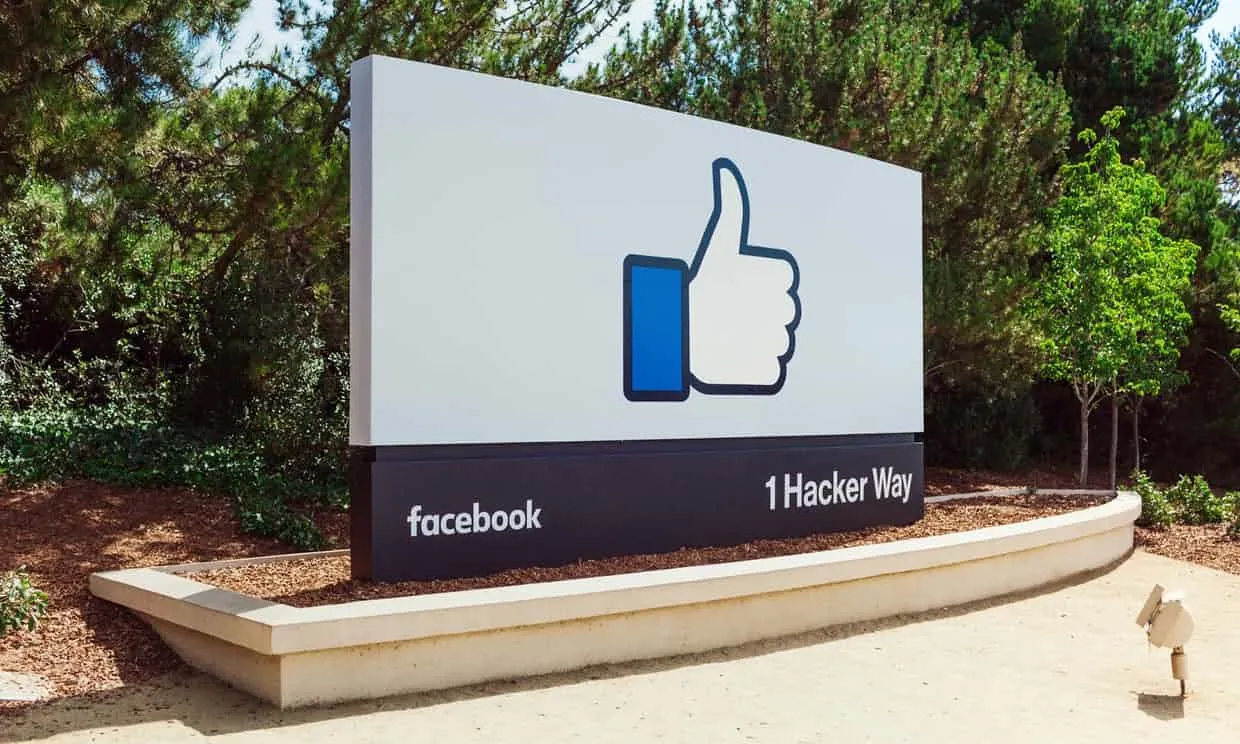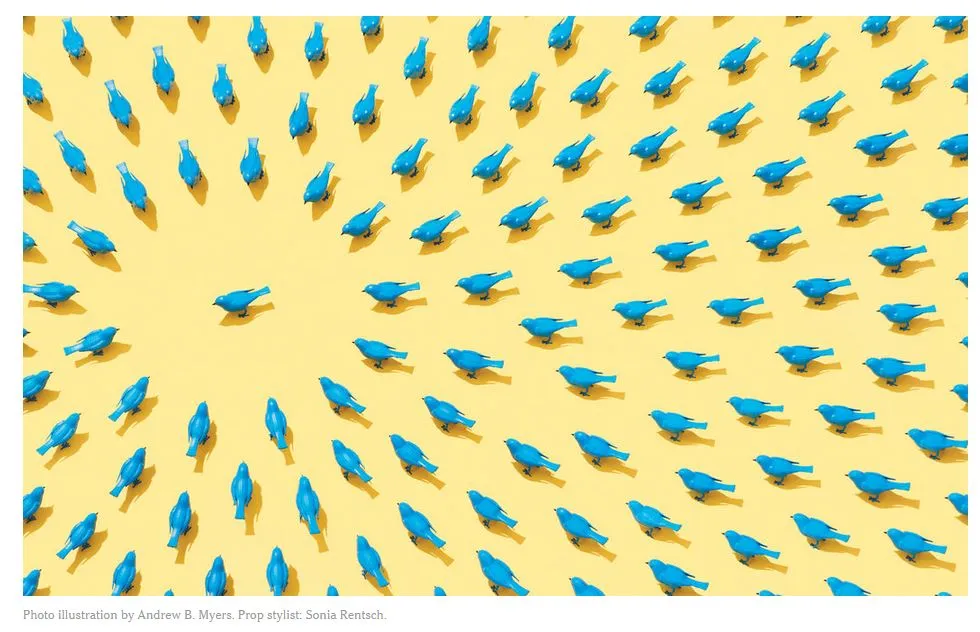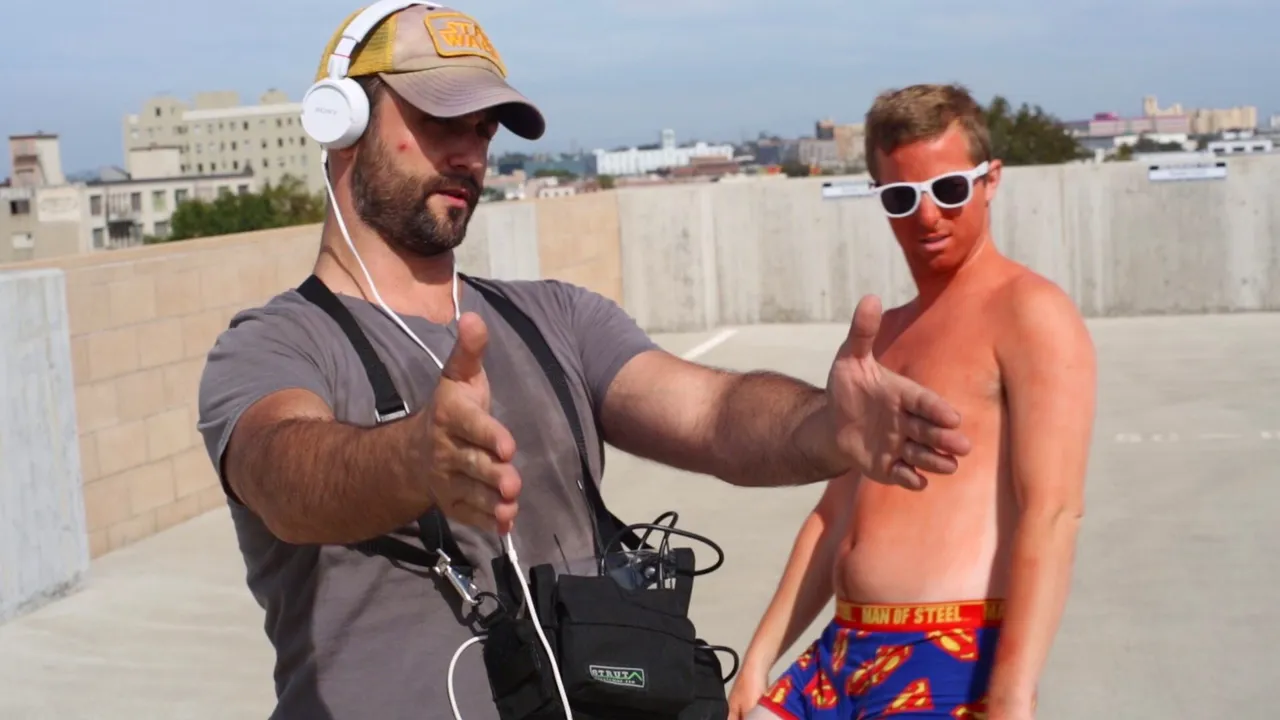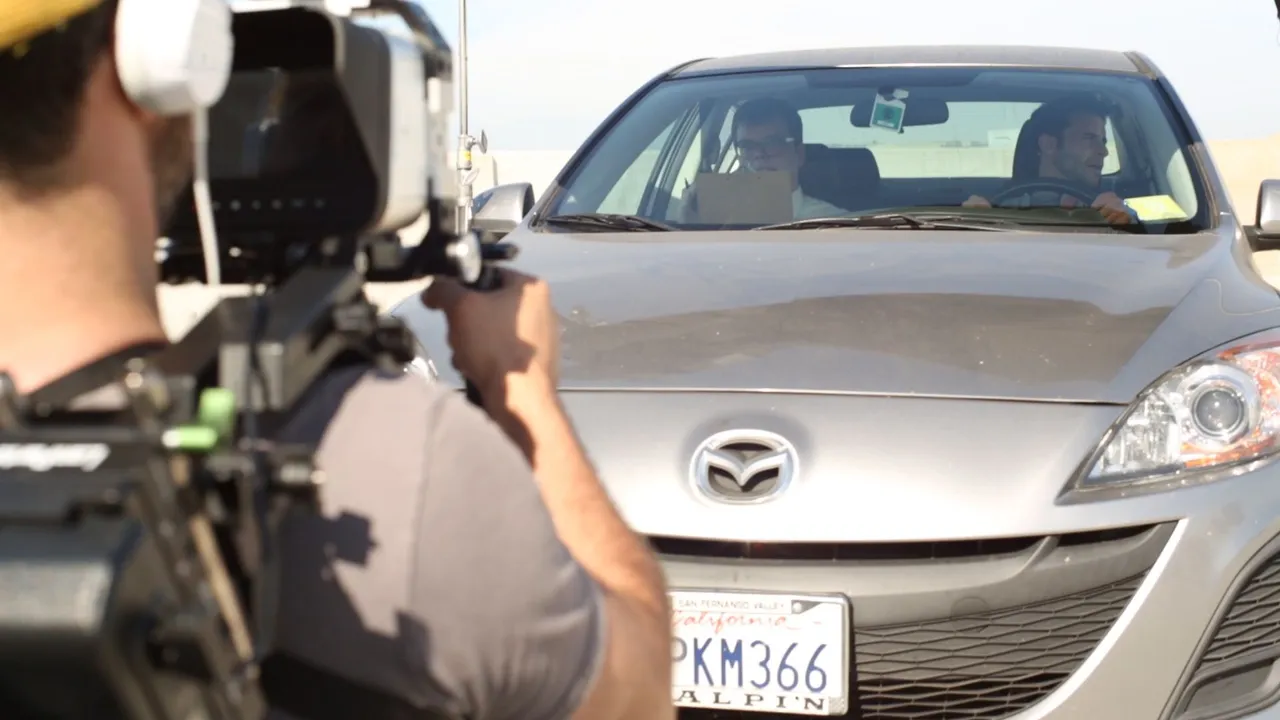Let me start by saying that I've finally abandoned Facebook and Twitter and it feels great! (Instagram is still in use because I work in the visual arts and @steepshot just hasn't caught up yet)
My name is Phil Abatecola and I'm a filmmaker in Los Angeles. Cliched, I know, but this is what I've chosen and continue to choose. For a quick reference, I'm the guy in the yellow hat.

For many, many months I've been complaining about how much I dislike the social network freemium model where we creators make everything for free, give it away for free and then let the people who own the network reap the rewards. This kind of reminds me of college football, where the players create much of the value and are barred from reaping any of the financial benefits while the schools and coaches collect millions.

IMG Source: The Guardian
Although the tradeoffs in both of these scenarios is transactionally a win-win in many respects, these models fail to financially compensate some of those who create and provide the content that makes those who own the networks and teams, rich and powerful. Now, I don't know about you, but when I work on television shows, I'm compensated for my time, my skillset and the mental faculties I bring to the table. Can you imagine if TV networks ran like Facebook or Twitter or Colleges? We'd all be working for free for the mere pleasure of putting together a TV show.
Combine that with the vitriolic culture war that's destroying the big social networks from inside out and you've created platforms that don't offer much of a reason to participate. You don't get paid to make good content, censorship and witch hunting are regular occurrences. No thank you!

So it's time that I put my crypto - as it were - where my mouth is and make an official the leap into a platform and space that is designed to reward those who create the value on the network and abandon those that don't. Even if the Steem network is microscopic compared to the aforementioned juggernauts, the satisfaction I gain from investing in a community that invests back into my own efforts and that celebrates intellectual freedom makes it worth it.
Even if it's filled with crazies. Even if it's hyper competitive. Even if the Steem ecosystem fails, this is the direction user generated content should be heading towards and I want to be a part of that.
So with that said, I don't believe I made a serious enough introduction to my presence here on Steemit and I'd like to try again.

WHY DISTANT SIGNAL?
For me, Distant Signal is a concept. I wanted to represent the idea of a calling, a dream, a vocation, etc. in the name of my company. I imagined that people who felt compelled to push towards the unknown, who choose to go to great lengths to acheive what they want to be called by a Distant Signal.
It started a long time ago, but became something real on YouTube. But I never liked the idea of branding my YT channel as one that created only one kind of content. I wanted it to be a mix and I wanted other people to collaborate with me on my films, so I thought a channel just about myself wasn't good enough and a channel that was genre specific wasn't good enough. So I chose to build a company instead.
This has been both a success and a failure. A mixed bag, if you will. I've been fortunate to be able to make what I want, but not frequently enough. When you make television shows for other people, that tends to take all of your time. And until I become independently wealthy, I have to create my own content on the side.

WHAT I WANT TO ACCOMPLISH
I want to build an audience that rewards me directly and allows me to have honest interactions with them, free from censorship, even if it means migrating to a smaller platform.
Social networks like Facebook and Twitter may be bigger, but I never really felt quite invested into those communities like I do on Steem. Although I thoroughly enjoyed Twitter - before it turned into the fulcrum in the culture war - it always bothered me that we as users were what created much of the value and all we got out of it was the ability to complain far and wide. Advertisers utilize our wits and intelligence to make a lot of money, wield a lot of power and all we get is a crude form of communication. Making it worse, now these old guards are regularly and selectively cracking down on expression on their networks according to whatever the totalitarian society of the day decides is wrong think.
Furthermore, the fatal flaw in these networks is their centralization. Centralized, powerful institutions are much more easily coerced by governments, monied interests and loud activists seeking to control society, quickly turning what was once a tool of freedom into tools for authoritarians. According to The Starfish and The Spider - a book that describes how decentralized and centralized institutions behave towards each other, societies also tend to centralize further and harden when facing threats. If the author is correct, Facebook and Twitter, and also YouTube, will become more and more controlling in the coming years. I highly recommend that book. It's a fast and illuminating read.
That said, I don't believe the current freemium business models combined with this growing authoritarianism works in the best interests of the social network or it's users. I want to be a part of the Starfish (decentralized), not the spider (centralized).

WHAT SOCIAL NETWORKS I CAN'T LEAVE... YET
In short, YouTube and Instagram.
I make films, so naturally I need to at least include YouTube and Instagram when I reach out to my potential audiences... for now. Both of these platforms focuses on the visual aspect of storytelling, and until Steemit and its derivative platforms gain a lot more momentum, I'll have to continue to post on Insta and YouTube.

WHY I LOVE CRYPTO/STEEM
One dream many of us had when the Internet was coming into its own - circa late 1990's - was the promise of decentralization, but the Net has mutated into massive, centralized institutions.
Cryptocurrency is a chance to break down these institutions into systems that are a little less hierarchical and sclerotic. As noted in the Spider and the Starfish, centralized institutions become more centralized as trouble threatens its power and as it encounters actors who are not part of the centralized power structure. This tends to make institutions large, slow, bureaucratic and resistant to change that goes against centralized structure. Compared to decentralized groups where individuals have more autonomy when it comes to autonomy and innovation, centralized groups also tend to be less innovative and experimental. Flat organizations rely on change and individual autonomy, rather than command and control governance.
As we can see with the varied metamorphoses of the Steem platform, things change rapidly (see @dsound #dtube, @zapple and @steepshot to name a few). Granted, it's a young platform - and that can account for a lot of the rapid changes - but the flat nature of the system allows for anyone to take a shot and changing, adding and innovating on the system without permission. It's this freedom that I love.
This starfish aspect of the cryptographic social networks that are arising mirror the film industry almost perfectly. You have a few, massive institutions that produce content that is very, very similar, usually based off of a pre-existing property and have a difficult time changing. You then have hundreds or thousands of tiny companies that are working to make their own films without any direction from the large players, making radically different forms of content, so in this part of the industry, change is encouraged and necessary. To top it off, a great deal of the products produced from both the studios and the indies are created by crews that come together and then quickly disperse to the next project, creating a roster of creators and artisans that are completely decentralized. There is no headquarters, no office building or warehouse holding these crew members. They come and go, from all corners of the earth.
Another aspect of the large, centralized film studios is that while many of us enjoy the benefits of huge, escapist films, they also have tremendous control over makes money off of it and who sees what, not dissimilar to what we're seeing with the likes of large, social media companies.
For the little guys, crypto can act as a competitive advantage by helping coordinate the vast parts of the film industry, providing monied incentivizes via blockchain rewards by inverting who is in control of the rewards and providing a chain of title (intellectual property rights) without the state, studios or unions for cheap. Instead of a middleman like theaters and studios, the people making decisions on what they like has no middleman and the rewards go directly to the artists and craftsman who make films for a living and as a passion.

WHERE I SEE MYSELF AND CRYPTO
I don't know where cryptocurrencies are going to end up. Will they dominate the world or end up in the dustbin of history? Nobody knows, but what I'm hoping for is a world where I can invest into a system that invests back, and I see sparks of that future here on the Steem blockchain. I see myself creating films well into the future here, and eventually divesting myself entirely of the centralized world of social media currently finds itself, for a world where I don't have to be in Los Angeles to make what I want and I don't have to rely on a few powerful people to decide my fate.
Here's to Steemit, its future and my future on it.

